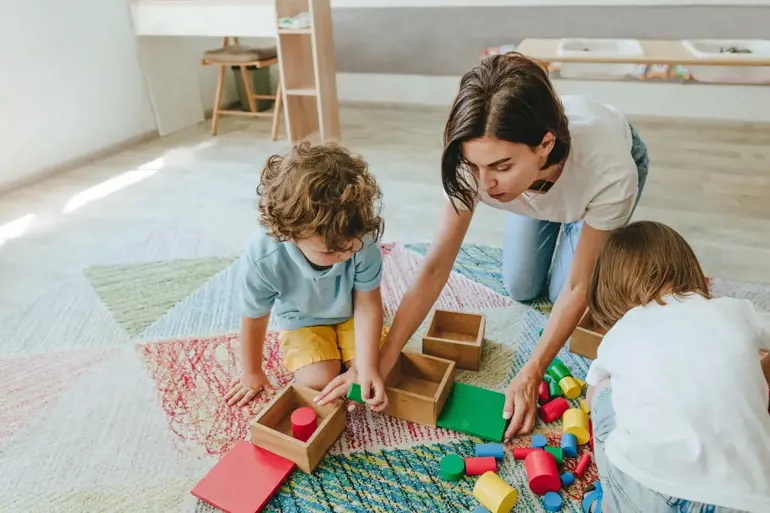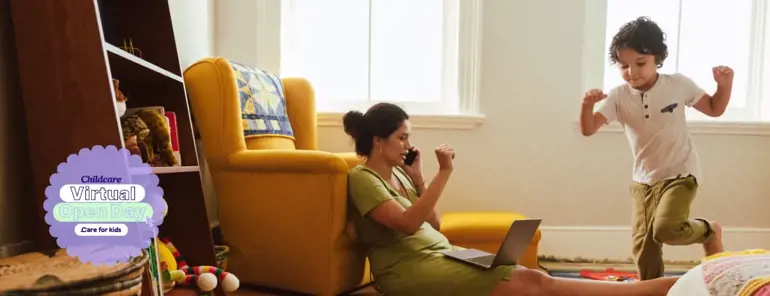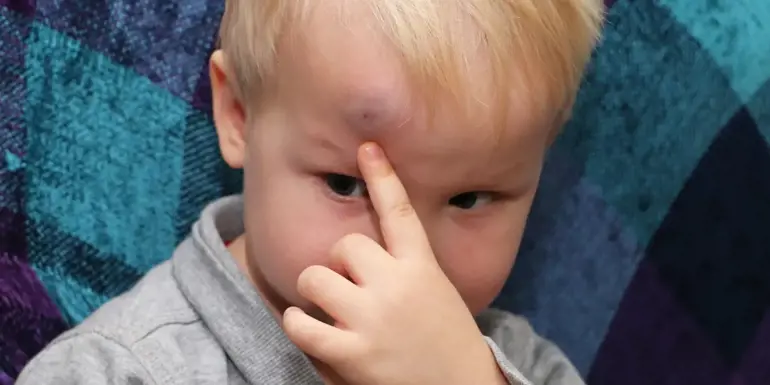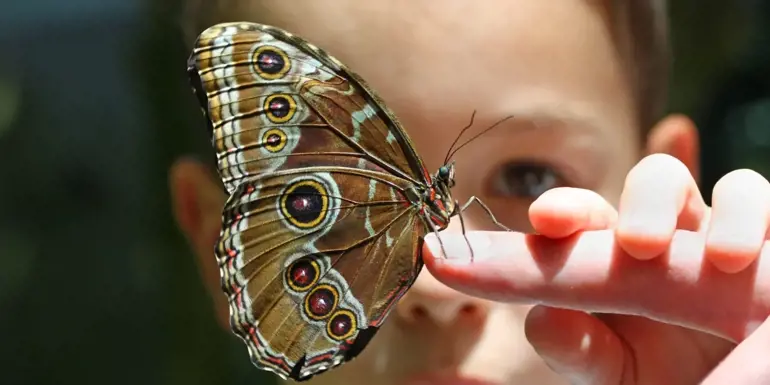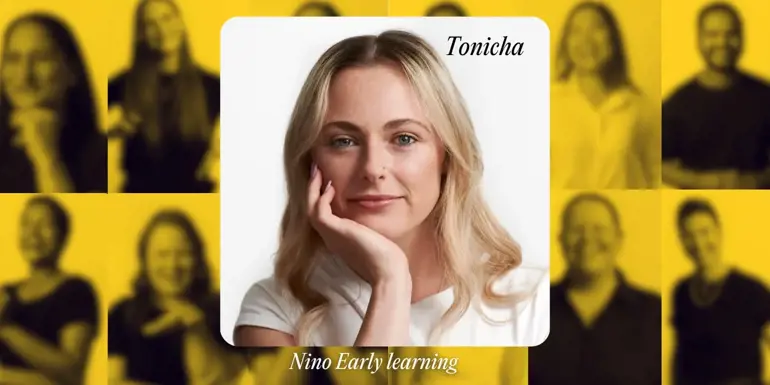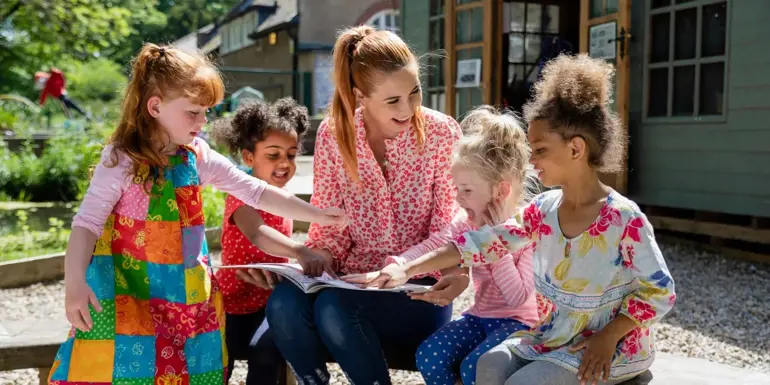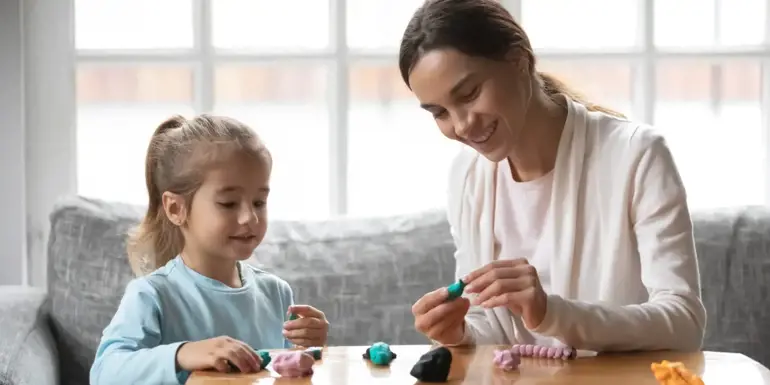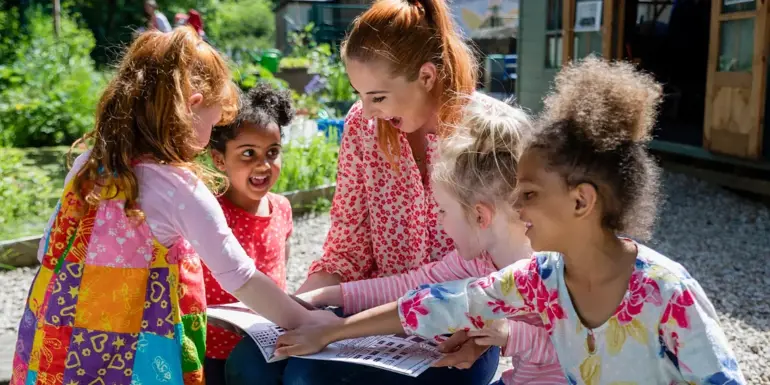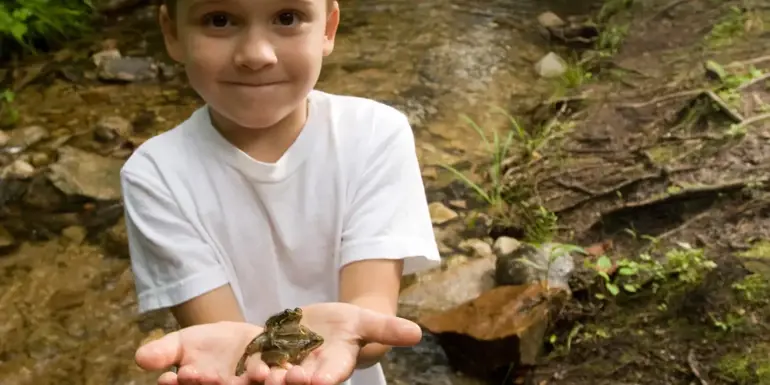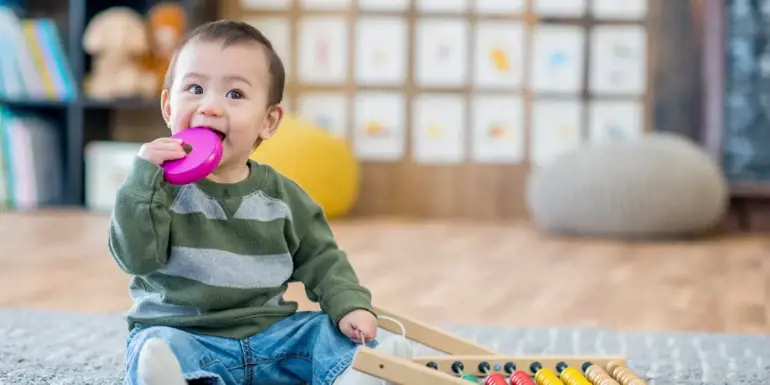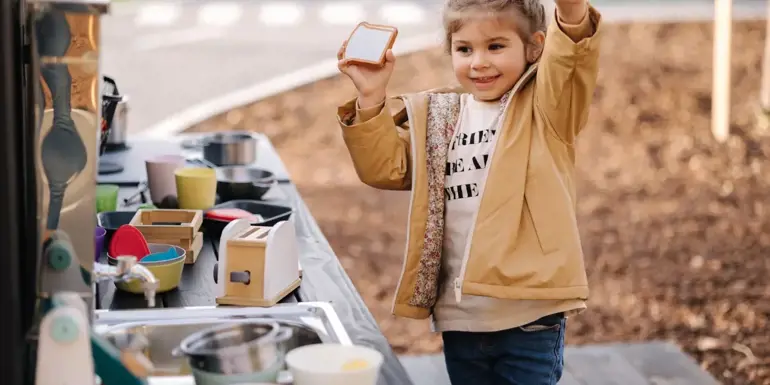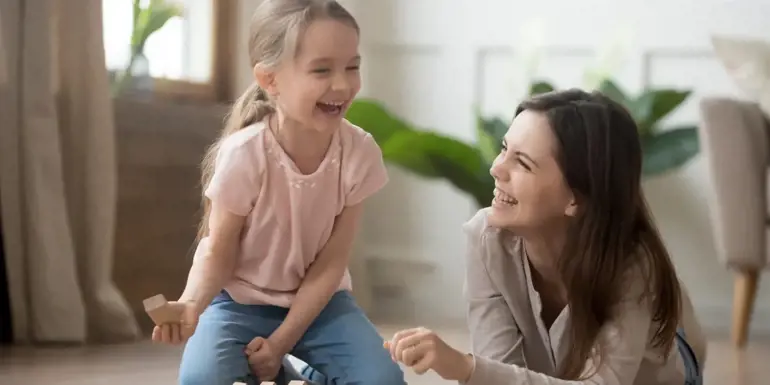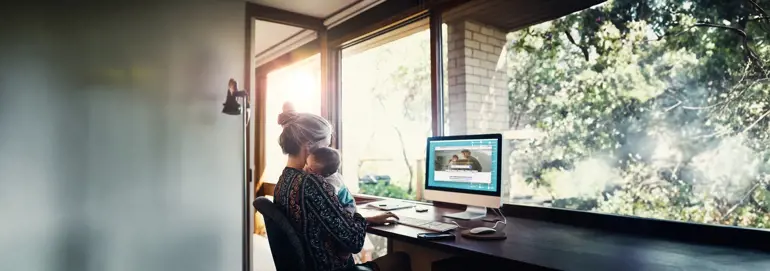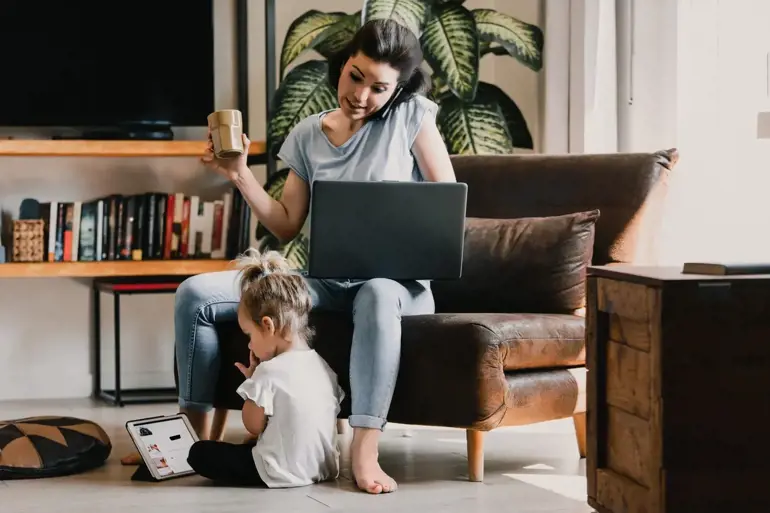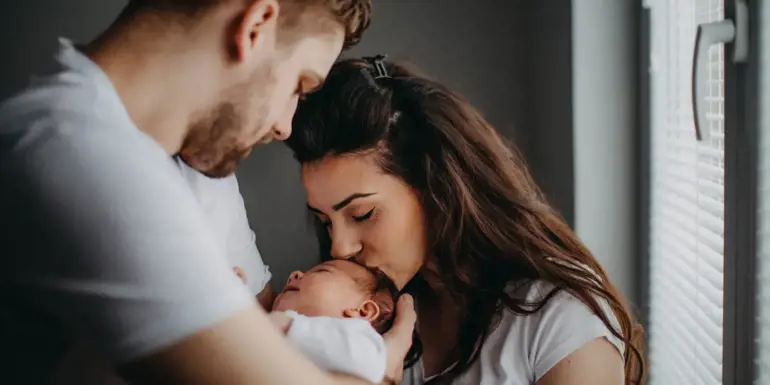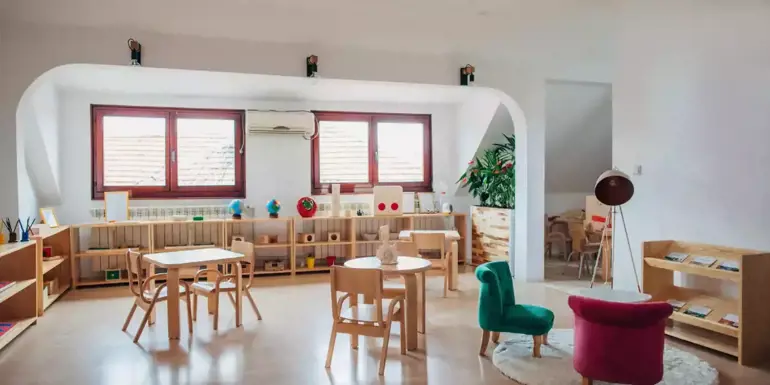- Preparing for baby
- Milestones & Development
- Sleep
- Nutrition
- Labour & Birth
- The Fourth Trimester
- Real Life
- Baby Products
- Milestones & Development
- Care & Learning
- Sleep
- Nutrition
- Health & Common Illnesses
- Real Stories
- Parenting & Family
- Milestones & Development
- Care & Learning
- Sleep
- Nutrition
- Health & Common Illnesses
- Real Stories
- Preparing for Childcare
- Parenting & Family
- Milestones & Development
- Care & Learning
- Sleep
- Nutrition
- Health & Common Illnesses
- Real Stories
- Preparing for Childcare
- Parenting & Family
- Milestones & Development
- Care & Learning
- Sleep
- Nutrition
- Health & Common Illnesses
- Real Stories
- Preparing for Childcare
- Parenting & Family
- Milestones & Development
- Care & Learning
- Nutrition
- Health & Common Illnesses
- Transition To School
- Real Stories
- Parenting & Family
- Budget
- Care & Learning
- Family Car Conversation
- Family Food Planning
- Family Travel
- Health & Wellbeing
- Celebrations
- Mental Health
- Parenting & Family
- Back to Work
Trending

Subsidy Calculator
Calculate your savings in 30 seconds or less

Cost Calculator
Discover which suburbs are more affordable for your family

Childcare Compass
Find the best childcare options to suit your family

Childcare Guide
Learn about and understand the early childhood education and care sector
































